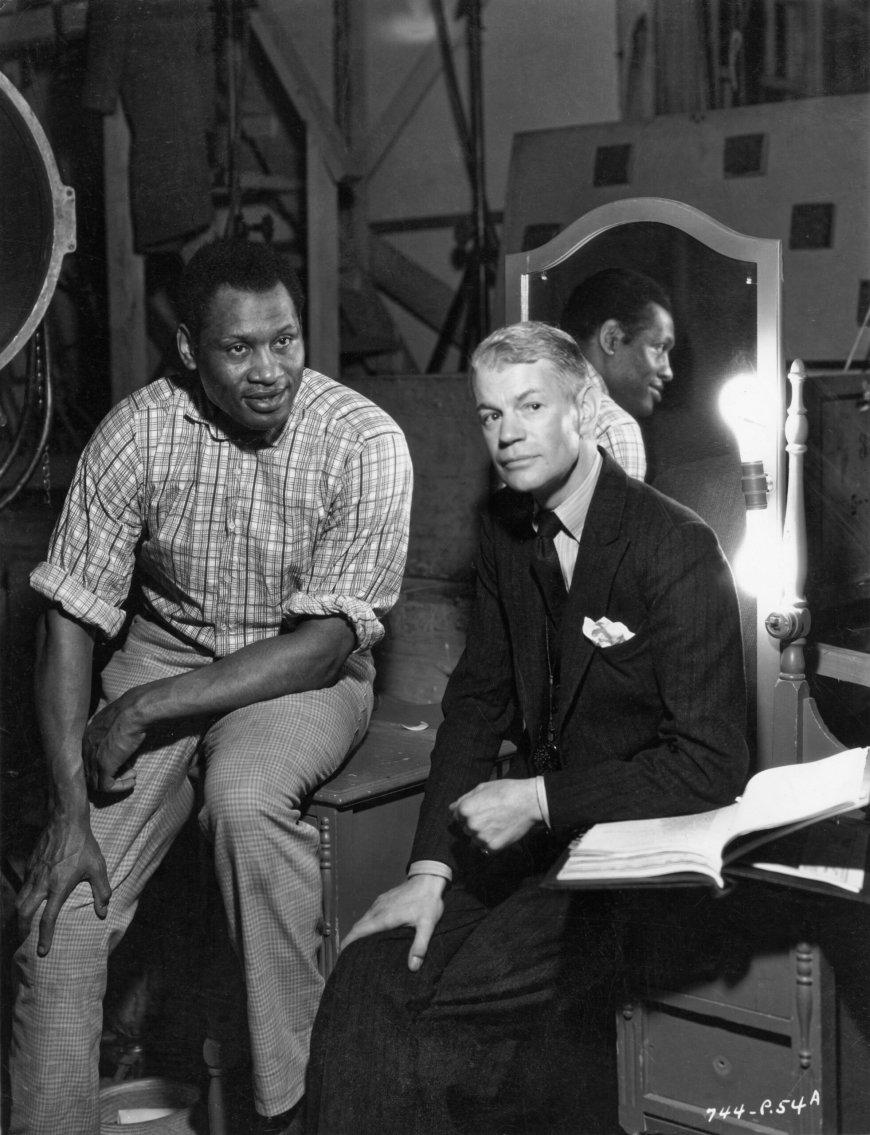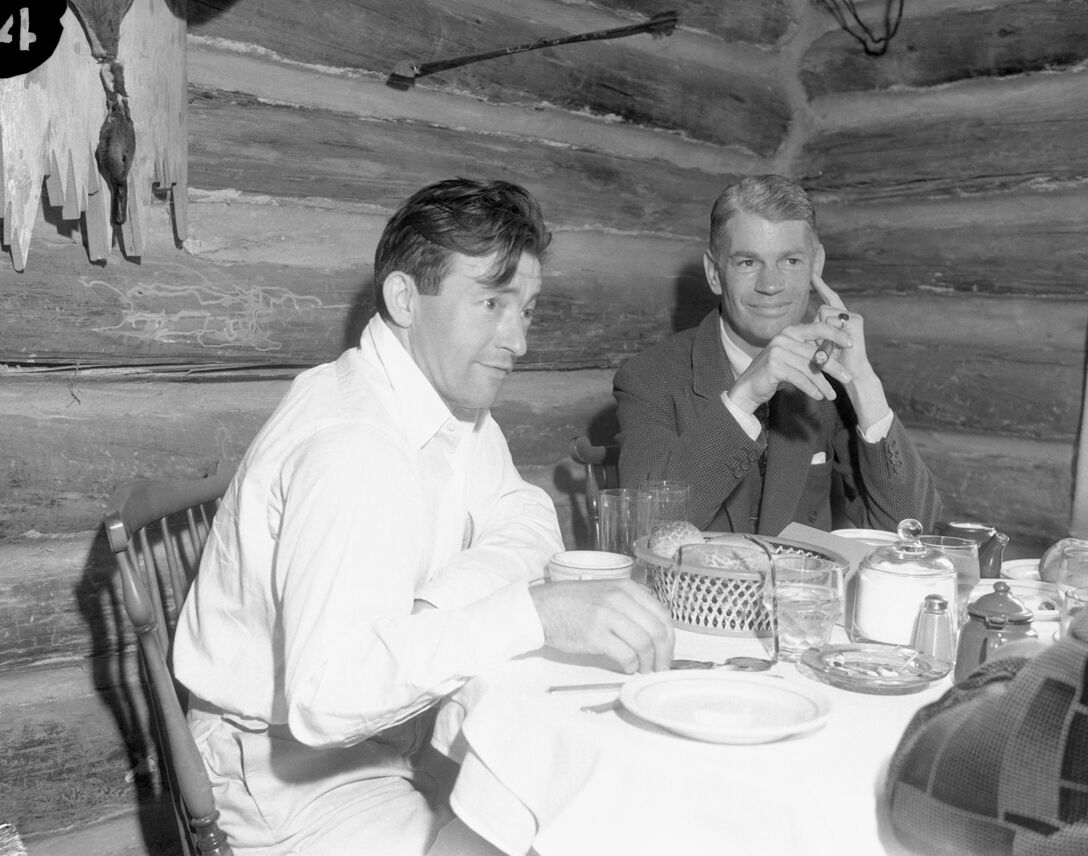This handsome out gay director was behind some of the biggest horror films of the 1930s
The original scream queen.


The horror genre flourished even in the earliest days of filmmaking. But in the early 1930s, the horror film language we know today was established and solidified thanks largely to the work of one gay man: UK transplant James Whale.
Whale was responsible for bringing Mary Shelley’s Frankenstein to life in the form of Boris Karloff’s iconic monster design. But he didn’t stop there: Whale was also the creative force behind other Universal horror classics like The Old Dark House, The Invisible Man, and Bride of Frankenstein.
How about we take this to the next level?
Subscribe to our newsletter for a refreshing cocktail (or mocktail) of LGBTQ+ entertainment and pop culture, served up with a side of eye-candy.
Subscribe to our Newsletter today
Whale didn’t just create horror masterpieces, but he did have a clear knack for it. The British-born filmmaker started his career directing the stage performance of R.C. Sheriff’s World War I drama Journey’s End in London. The production was such a smash that it ran for two years, and brought Whale to the US to mount a New York version.
Once there, Whale signed a contract at Paramount and worked on Howard Hughes’ ambitious aviation drama Hell’s Angels. Whale later fell in step with Carl Laemmle and his son, the producing team that headed up Universal Pictures. Under the Universal sign, Whale found his oeuvre. Sound film was still in its infancy, but Whale worked with what he had to create some truly creepy—and distinctly memorable—scenes of visual and aural terror.
Whale also had a talent for spotting talent. In Journey’s End, he cast a then-unknown Laurence Olivier in a major role, and when the time came to make Frankenstein, he picked fellow brit Boris Karloff out of semi-obscurity and jumpstarted his career as a horror icon.
Whale was also very open about his private life. For 23 years, Whale lived with his partner, producer David Lewis. But like many queer creatives in Hollywood, the era of the Hays Code took away many opportunities. Whale’s 1934 marital drama One More River was one of the first films to ever be censored under the code, and Vito Russo claims in his landmark study The Celluloid Closet that homophobia played a hand in Whale’s career decline. Kenneth Anger, in the less-than-factual Hollywood Babylon, dubbed Whale “the queen of Hollywood.”
But while Whale might have been more open about his sexuality than his contemporaries, it still remained largely unspoken and possibly undetectable to those not in the know. Today, we can see a clear thread running through Whale’s works, from Frankenstein to his last major production, the 1936 musical Show Boat.
These are tales of the outsider, whether visualized through Frankenstein’s monster’s uncomprehending loneliness or Julie LaVerne’s fear of losing the ability to pass as white in Show Boat. With The Invisible Man, Whale turns H.G. Well’s story of a science experiment gone wrong into an allegory about how society makes monsters of those who don’t fit in. And Bride of Frankenstein, starring the lesbian actress Elsa Lancaster, has long been claimed as a sapphic classic due to the bride’s refusal to have anything to do with her intended male mate.
Unfortunately, like too many of his queer contemporaries, Whale didn’t meet a happy end. Despite being with David Lewis, Whale became infatuated later in life with a young bartender and hustler, causing Lewis to eventually move out. After losing his career to a changing industry and suffering a series of strokes, Whale ended his own life in the 1950s.
If you’re interested in learning more about his story—specifically the Frankenstein part—check out the 1998 film Gods and Monsters, with Ian McKellan as Whale and a young, very twunky Brendan Fraser as his muse. But more of Whale’s story is still begging to be told. And judging by the director’s uncanny resemblance to Las Culturistas cohost Matt Rogers, maybe there’s a chance for Whale to enjoy the full biopic treatment one of these days…
Related
Is forgotten horror-comedy Curse Of The Queerwolf offensive or a campy relic of the past?
A truly independent, nearly forgotten B-movie that takes a classic monster premise to create something that toes the line between offense and high camp.
Sign up for the Queerty newsletter to stay on top of the hottest stories in LGBTQ+ entertainment, politics, and culture.

 Mark
Mark 





